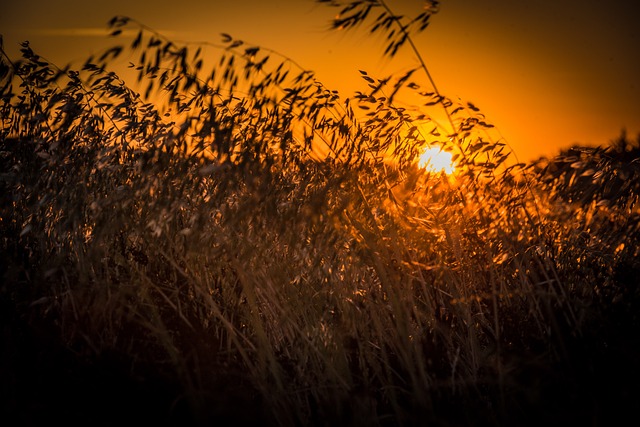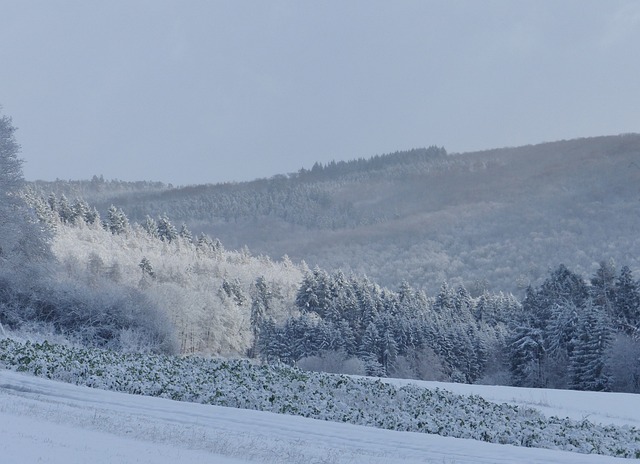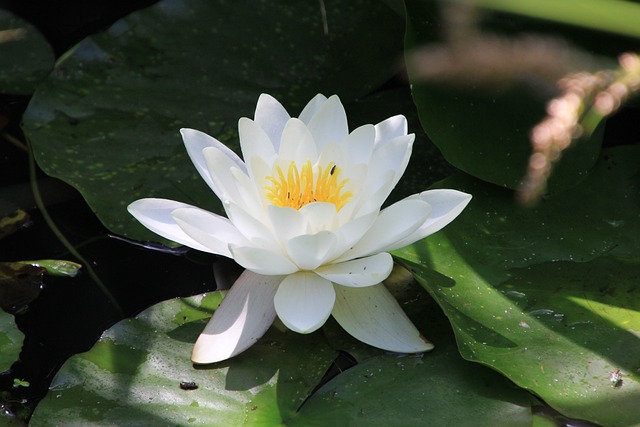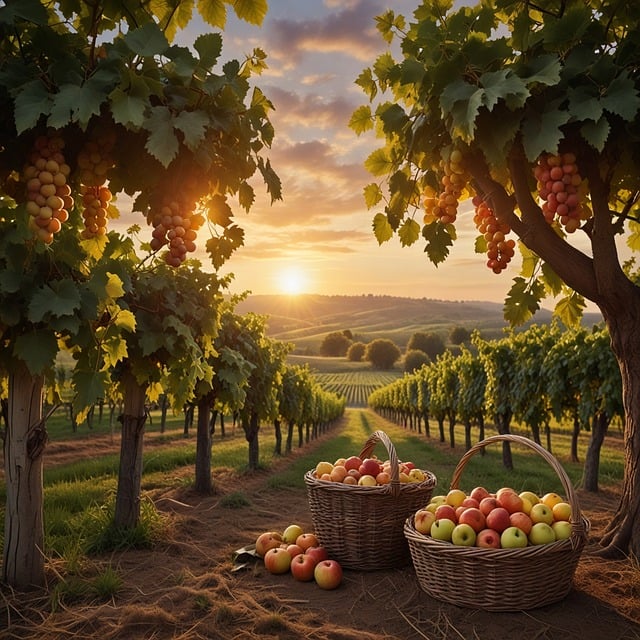bicho puxa bicho ✅ Bicho Puxa Bicho: A Tapestry of Brazil's Cultural Heritage

Bicho Puxa Bicho: A Tapestry of Brazil's Cultural Heritagebicho puxa bicho

In the vibrant tapestry of Brazilian culture, few expressions encapsulate the essence of community and tradition quite like "bicho puxa bicho." This idiomatic phrase, rich in folklore and meaning, serves as a lens through which one can explore the intricate connections among the people, their environment, and the age-old customs that have shaped their identity. It is a term that evokes the interplay of nature and society, illustrating how the unseen threads of life weave together in a complex narrative of existence.
At the heart of the concept lies the belief in mutual dependence—the idea that every living being is interconnected, much like the creatures of the forest that share their habitat with one another. This relationship extends beyond mere survival; it embodies a philosophy of cooperation, reciprocity, and respect for the natural world. In an age where the pace of life has accelerated and the bonds of community often fray, "bicho puxa bicho" serves as a poignant reminder of the values that have long governed the interactions among people and their environment.bicho puxa bicho
The origins of "bicho puxa bicho" can be traced back to the indigenous cultures that first populated the Brazilian landscape. These communities recognized the delicate balance of ecosystems and the necessity of living in harmony with nature. The phrase signifies a deep understanding of ecological interdependence—where the actions of one species can reverberate through the entire ecosystem, influencing the lives of others in unforeseen ways. It is an acknowledgment that, just as animals and plants rely on one another for sustenance and survival, so too do people rely on their communities for support and strength.
Over the centuries, the phrase has been embraced and adapted by various cultural groups throughout Brazil, each adding their own layer of meaning and significance. From the bustling streets of urban centers to the serene landscapes of rural villages, "bicho puxa bicho" echoes in the conversations of artisans, farmers, and families alike. It encapsulates the spirit of cooperation that is essential for overcoming adversity, a sentiment that resonates deeply in a nation marked by its diversity and resilience.bicho puxa bicho

In the realm of traditional crafts, for instance, artisans often rely on one another's expertise to create their works. The intricate designs of a handcrafted piece may draw inspiration from the techniques of a neighboring craftsperson, leading to a beautiful fusion of styles that celebrates both individuality and community. "Bicho puxa bicho" reflects this collaborative spirit, highlighting the notion that creativity flourishes when individuals come together, sharing knowledge and resources to enhance their collective output.
Moreover, the phrase finds its place in agricultural practices as well. Farmers across the country have long understood that sustainable farming relies on the interdependence of crops, soil, and natural elements. By planting diverse species together, they create a symbiotic relationship that enhances soil fertility, pest control, and overall productivity. Here again, "bicho puxa bicho" manifests as a guiding principle, emphasizing the importance of nurturing relationships with both the land and fellow farmers to cultivate a thriving agricultural community.
However, the modern world poses challenges that threaten to unravel these age-old connections. Urbanization, environmental degradation, and the relentless pursuit of individualism have begun to erode the fabric of community life. In this context, the wisdom encapsulated in "bicho puxa bicho" becomes even more crucial. It calls upon individuals to recognize their roles within the larger ecosystem, urging them to embrace a mindset of collaboration and stewardship that honors both the past and the future.
As Brazil navigates the complexities of contemporary life, the call to return to these foundational principles grows louder. Initiatives aimed at fostering community engagement, protecting natural resources, and reviving traditional practices are emerging across the country. Grassroots movements are championing the idea that by working together—much like the creatures of the forest—people can create resilient communities that not only survive but thrive.
In the spirit of "bicho puxa bicho," these efforts remind us that the strength of a community lies not in isolation, but in unity. As individuals come together to support one another, share knowledge, and protect their environment, they weave a narrative that transcends time and space. It is a story of hope, resilience, and the enduring power of human connection—a testament to the belief that when one thrives, all can thrive.
Thus, the phrase "bicho puxa bicho" resonates far beyond its literal translation. It serves as a clarion call to rekindle the bonds that tie us to one another and to the world around us. In a rapidly changing landscape, the essence of this saying invites us to reflect on our roles within the larger ecological and social systems, encouraging us to nurture the relationships that sustain us all. As Brazil continues to evolve, let the spirit of "bicho puxa bicho" guide the way, reminding us that together, we can create a future that honors our shared heritage and the interconnectedness of life.
Fale conosco. Envie dúvidas, críticas ou sugestões para a nossa equipe através dos contatos abaixo:
Telefone: 0086-10-8805-0795
Email: portuguese@9099.com


